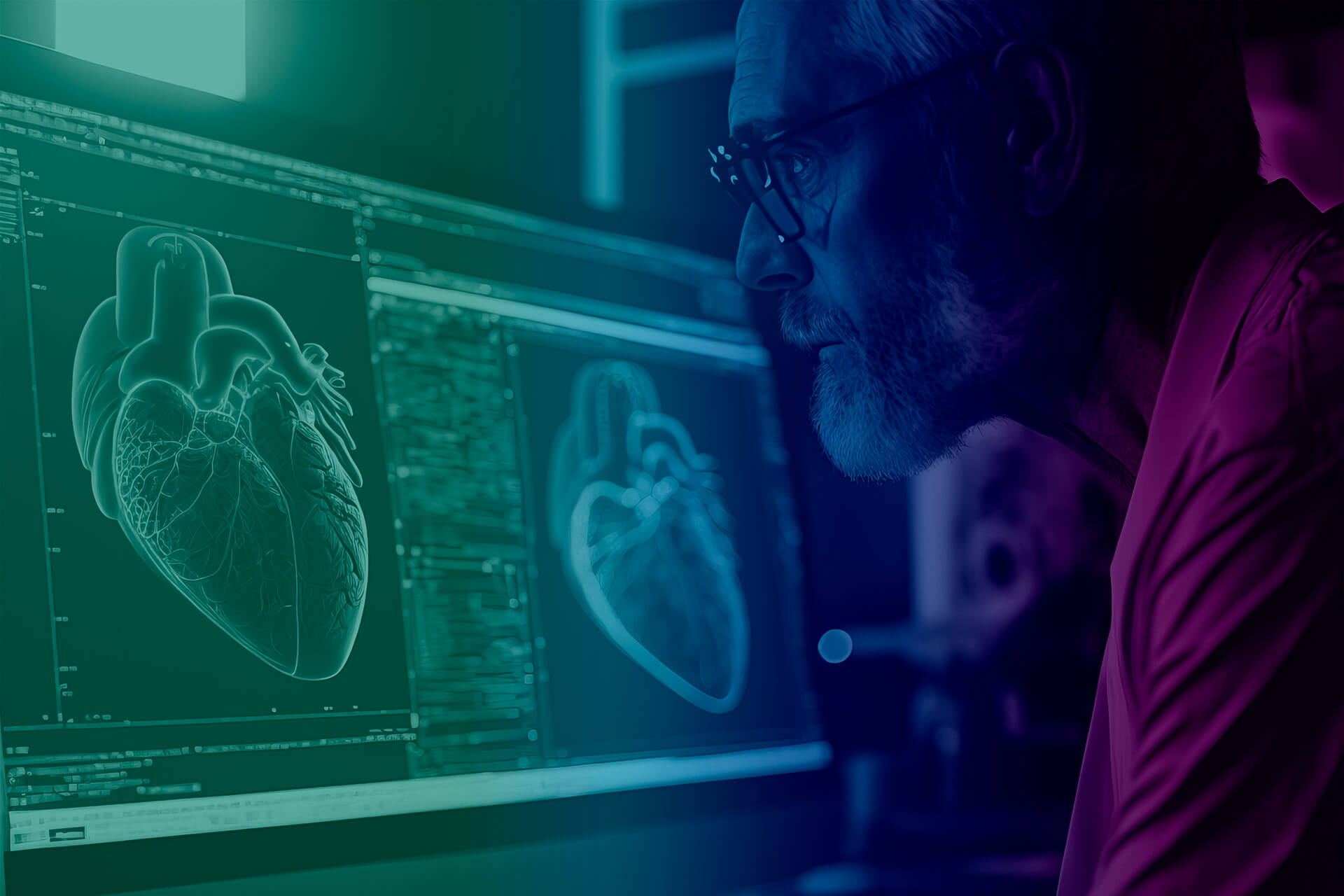Innovation and the commitment to electromedicine and clinical engineering are already two indispensable elements for the future of healthcare systems.
The importance acquired in the National Health System (NHS), both public and private, of the rise of the best hospital equipment in electromedicine and clinical engineering, is notorious.
The commitment to comprehensive patient safety, together with the importance of improving clinical health infrastructures, has created a very important trend in the promotion of electromedicine and clinical engineering.
We are talking about the development of new medical equipment and its application in robotics, the improvement in diagnosis and healthcare treatment using artificial intelligence and Big Data tools, the training and development of professionals in electromedicine and clinical engineering and telemedicine, among other concepts.
The truth is that society values more than ever the development and investment in medical technology, as well as the digital transformation in which all healthcare institutions are immersed.
Electromedicine and Clinical Engineering services revolve around several axes:
- Control of medical equipment, guaranteeing its safety, quality and availability
- Technological renewal, innovation and humanisation
- Digital Health and Data, which includes the integration of wearables/Apps/iot, data from medical equipment in the medical record and the exploitation of data for research, without forgetting cybersecurity.
Especially after the Covid-19 pandemic, it has become clear that Electromedicine and Clinical Engineering are crucial in the optimal functioning of healthcare services and the increased efficiency in the entire lifecycle of medical devices.
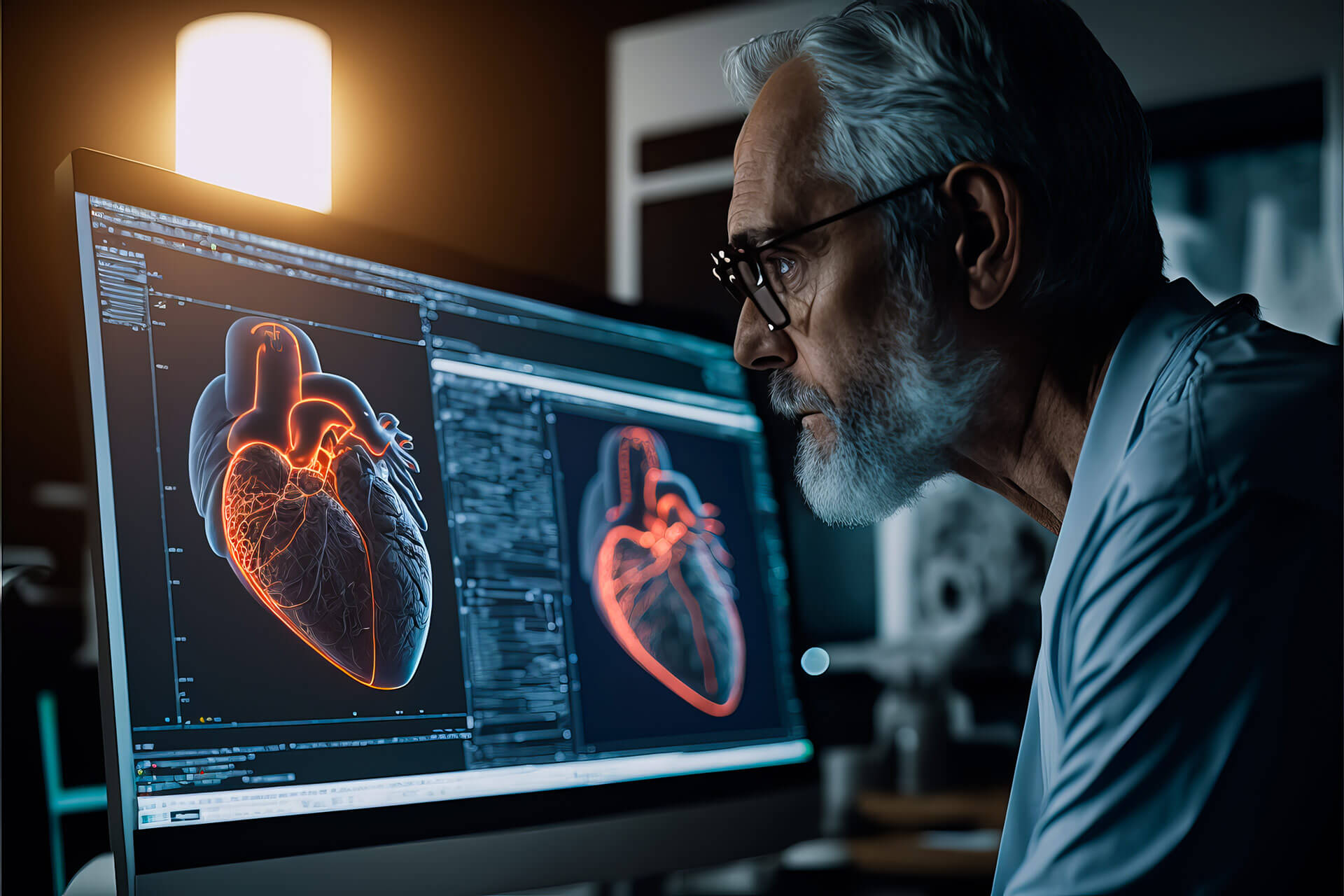
Clinical Engineering in a healthcare facility
This department plays a key role in healthcare facilities by ensuring the proper functioning of medical equipment and devices used in patient care.
Clinical Engineering is responsible for the management, maintenance, quality control and procurement of medical equipment, ensuring that it meets the required safety and efficiency standards.
Thus, this area encompasses various disciplines, among which electromedicine stands out.
The growth of Electromedicine and Clinical Engineering services in the coming years will be decisive in order to enter with full guarantees into an era of technological revolution as never seen before. This will require multidisciplinary teams of well-trained professionals, including hospital engineers and electro-medical technicians.
“The growth of Electromedicine and Clinical Engineering services in the coming years will be decisive in order to enter with full guarantees into an era of technological revolution as never seen before.“
Elements such as Artificial Intelligence, computerised tomography, robotics and augmented reality applied to collaboration for remote diagnosis and/or repair, communication between medical devices and 3D printing are just the most obvious examples of the healthcare technological revolution underway. In this sense, it is mandatory to meet the demand for quality medical devices, diagnostic imaging equipment and innovative digital health solutions.
On the other hand, the areas with the greatest impact of these technologies in today’s healthcare centres are operating theatres and those concerning clinical information systems and cardiology. In short, the healthcare technology sector and hospital equipment are already a strategic element for improving medical care and, incidentally, for optimising resources and the sustainability of the healthcare system.
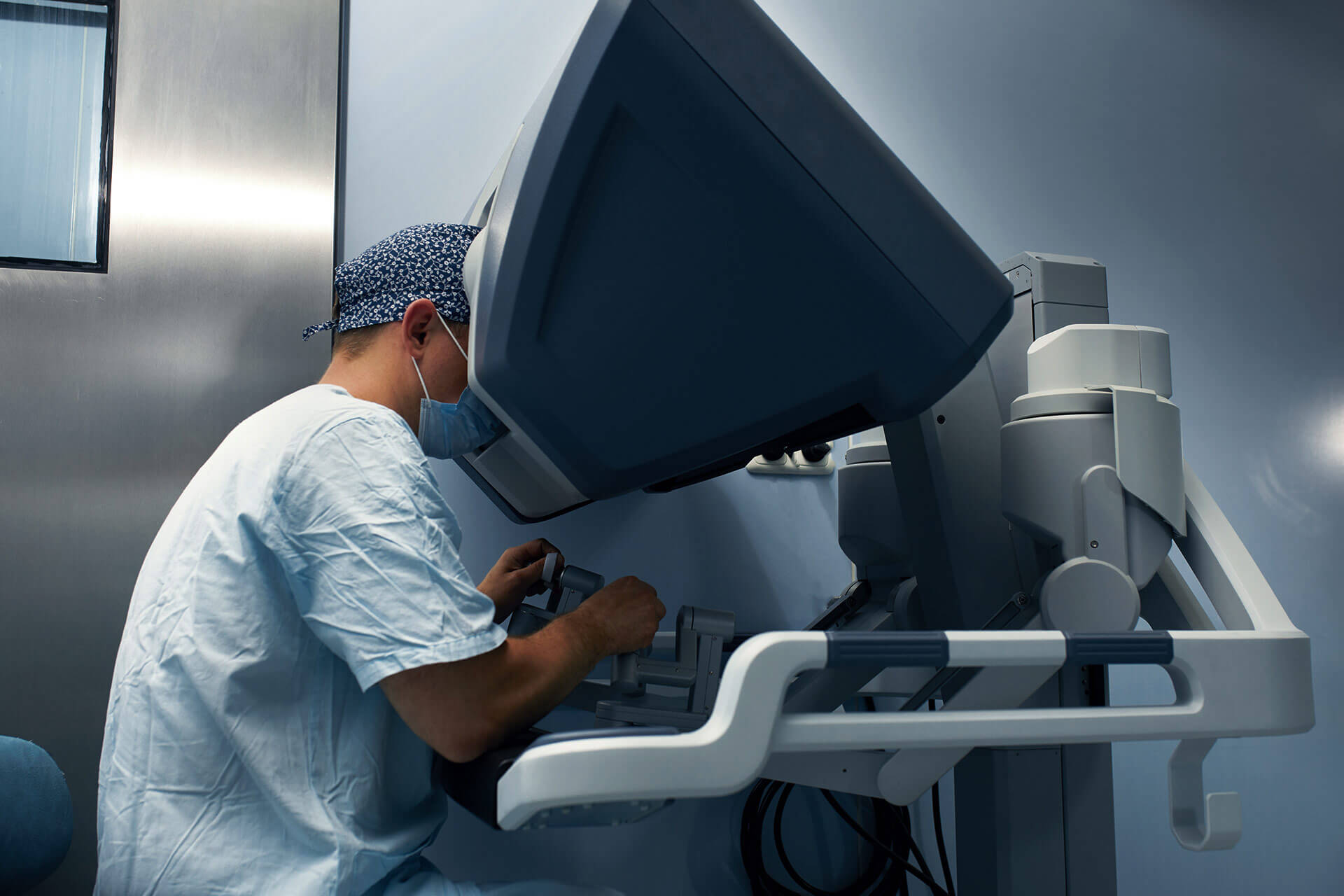
Electromedicine and its evolution
As we said, electromedicine is a sector belonging to clinical engineering that refers to the field of study and application of electronics and engineering in the field of medicine.
What does it cover?
From the design, development and implementation to the maintenance of electronic medical equipment used in the diagnosis, treatment and monitoring of patients.
In recent years, the integration of electronics, informatics and telecommunication has led to the creation of more sophisticated and precise medical equipment, greatly improving the quality of medical care.
At the same time, this evolution of electro-medicine has led to the emergence of devices such as imaging systems, vital sign monitors, radiation therapy equipment, pacemakers and many others.
All these devices have become essential tools for healthcare professionals, enabling them to diagnose diseases, perform medical interventions and monitor patients’ condition more accurately and safely.
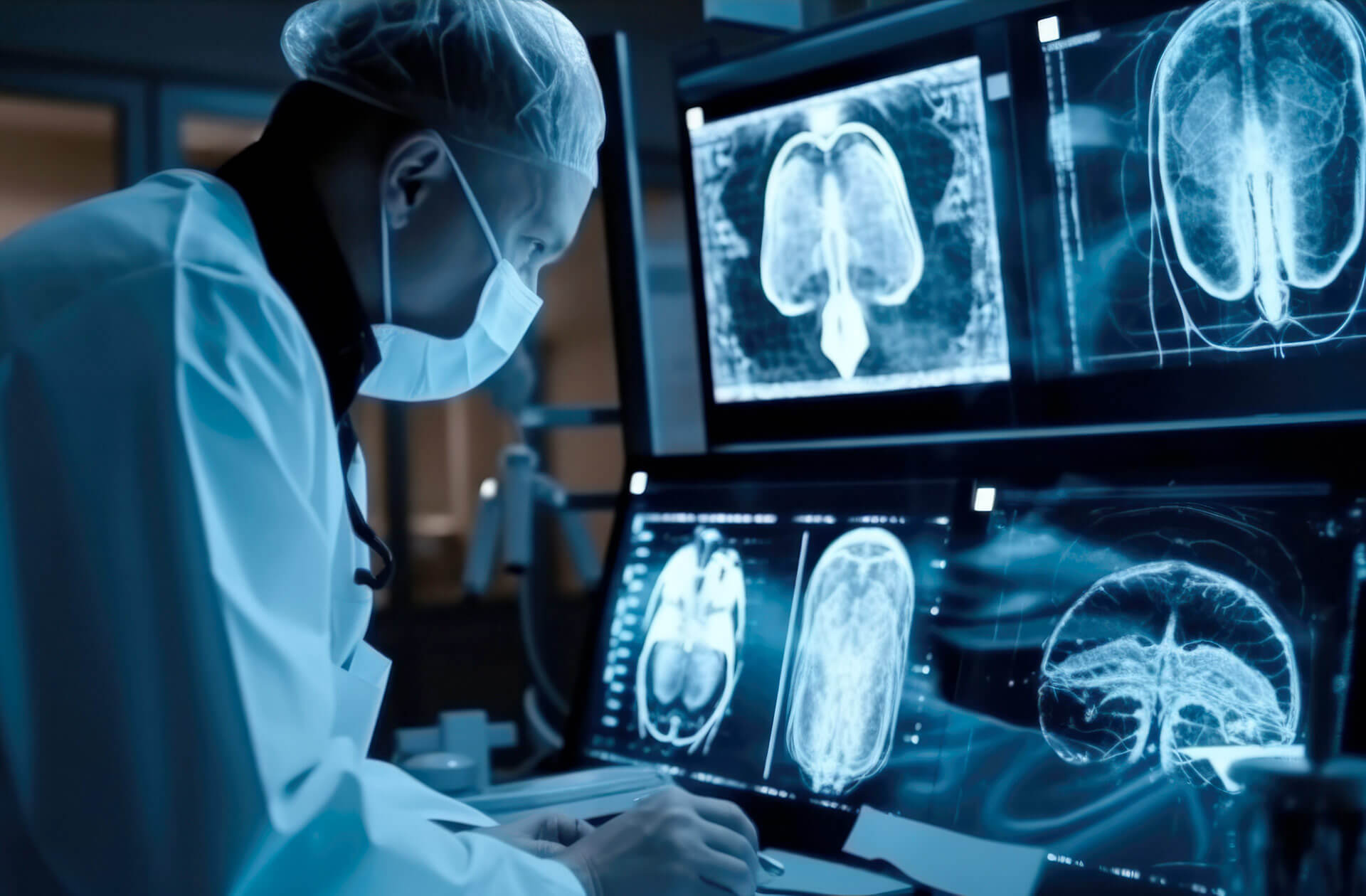
Innovations in hospital electromedical equipment
Spain’s leading hospitals and healthcare centres are equipped with a wide range of state-of-the-art electromedical devices.
But much remains to be done.
Although the healthcare industry has understood that it is essential to opt for equipment designed to meet the most demanding standards in terms of precision, functionality and safety, this also requires significant investments that not all public health systems and private centres can afford.
However, it is necessary to be aware of the latest and most modern electro-medical equipment used in hospitals, including:
- Advanced imaging systems
Like magnetic resonance imaging and computed tomography, these provide detailed images of the inside of the human body, facilitating disease diagnosis and treatment planning.
- Vital signs monitors
Provide real-time information on patients’ vital signs, such as blood pressure, heart rate and oxygen saturation.
- Radiation therapy equipment
Enables the delivery of precise doses of radiation for the treatment of malignant tumours, while minimising damage to surrounding healthy tissues.
- Advanced medical implants
This is the case for cardiac pacemakers and electronic prostheses. These devices improve patients’ quality of life by regulating physiological functions and restoring mobility.
- Electronic medical record management systems
The digitisation of medical records has facilitated access to patient information and improved efficiency in healthcare management.
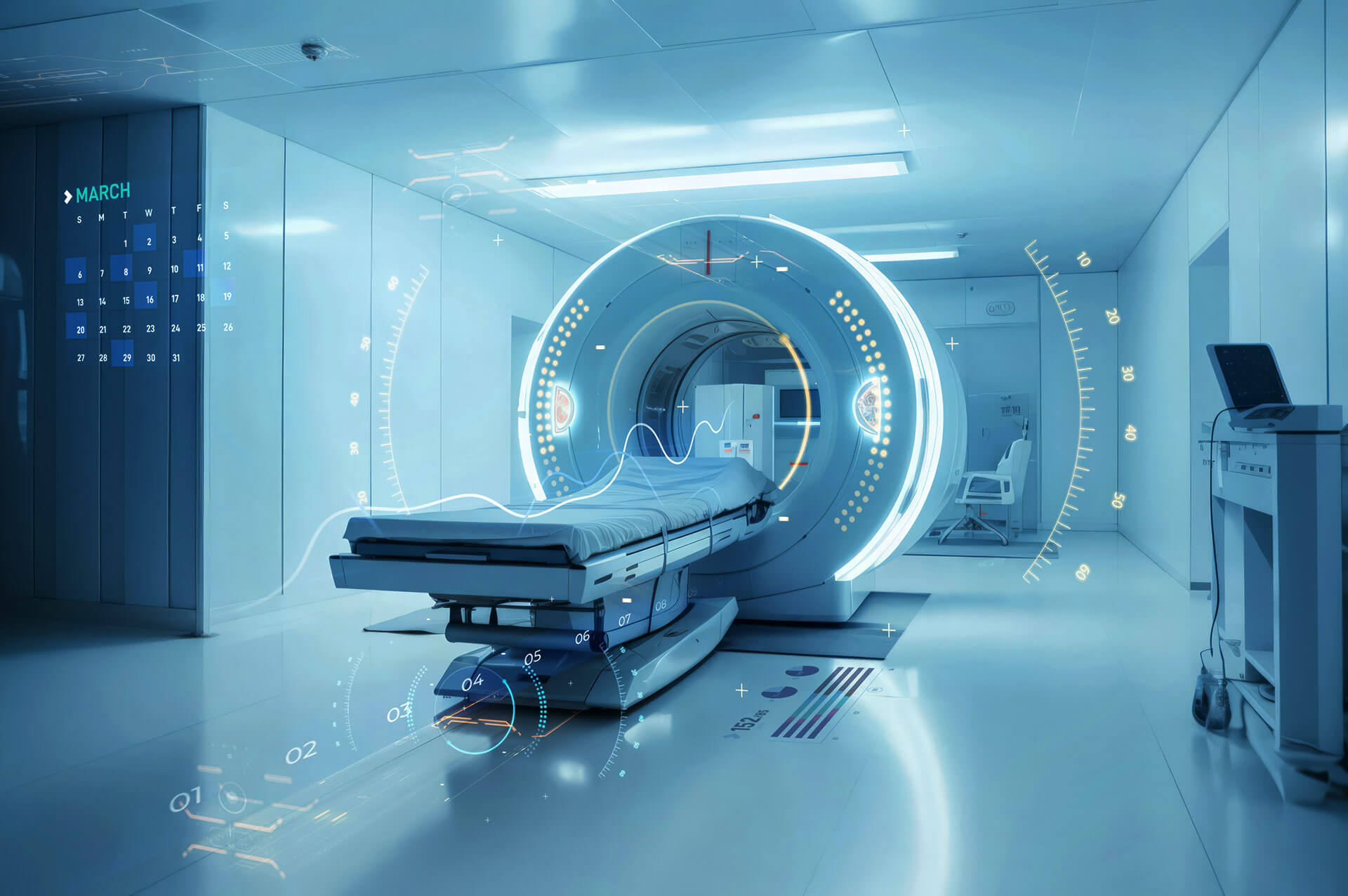
In conclusion, the area of Clinical Engineering, focused on electromedicine, plays a decisive role in healthcare centres, as it ensures the correct functioning of medical equipment and promotes the use of advanced technologies that improve medical care. Moreover, electro-medicine has experienced significant growth.
All these technological advances are driving more accurate, safer and more efficient medical care for the benefit of patients and medical staff.


